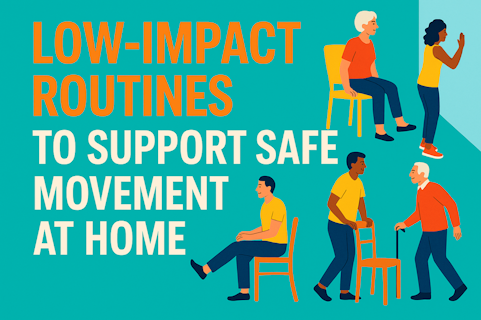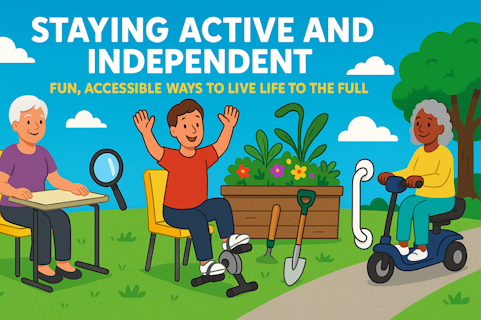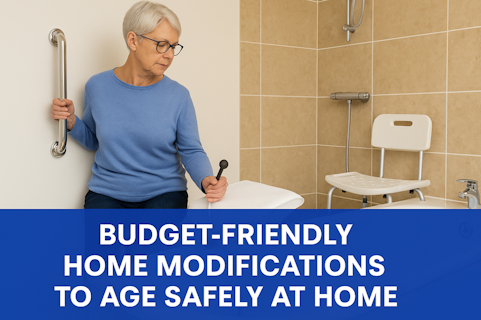The decision to use a mobility aid is a significant one, often arising from various factors such as age-related changes, injury, illness, or disability. While the prospect of using a mobility aid may initially be met with hesitation or resistance, it's essential to recognise the potential benefits they offer in terms of safety, independence, and improved quality of life. In this blog post, we'll delve into the signs indicating when it might be time to consider a mobility aid and explore the range of products available to meet diverse needs.
Signs You Might Need a Mobility Aid:
- Difficulty Walking: If you find yourself struggling to walk short distances without experiencing discomfort, fatigue, or unsteadiness, it may be a sign that a walking aid could provide much-needed support and stability.
- Risk of Falls: Frequent near-misses or actual falls, especially when navigating stairs, uneven surfaces, or crowded spaces, suggest a need for assistance to prevent injuries and improve safety.
- Reduced Stamina: Feeling easily fatigued or out of breath during routine activities like shopping, cooking, or household chores may indicate that a mobility aid could help conserve energy and prolong independence.
- Pain and Discomfort: Chronic pain, joint stiffness, or muscle weakness can significantly impact mobility and make everyday tasks more challenging. A mobility aid can alleviate strain on affected areas and reduce discomfort.
- Decreased Independence: If you're finding it increasingly difficult to perform daily tasks independently, such as getting in and out of bed, bathing, or dressing, a mobility aid can restore confidence and autonomy.
Choosing the Right Mobility Aid
Once you've recognised the need for a mobility aid, the next step is to select the most suitable option based on your individual requirements. Better Independent Living offers a wide range of daily living aids and products designed to address various mobility challenges, including:
- Walking Sticks: Walking sticks provide stability and support for individuals who need assistance with balance or weight-bearing. They come in different styles and materials to accommodate different needs and preferences.
- Walkers: Walkers are ideal for those who require more substantial support while walking. They offer stability and often come with features such as wheels, seats, and brakes for added convenience.
- Wheelchairs: Wheelchairs are suitable for individuals who have difficulty walking or standing for extended periods of time. Manual and electric wheelchair options are available to meet different mobility levels and lifestyle needs.
- Mobility Scooters: Mobility scooters offer enhanced mobility for individuals who need assistance travelling longer distances, both indoors and outdoors.
- Bathroom Safety Aids: Products such as shower chairs, grab bars, and raised toilet seats can improve safety and accessibility in the bathroom, reducing the risk of slips and falls.
Knowing when to consider a mobility aid is the first step towards maintaining independence and improving the quality of life. By recognising the signs indicating the need for assistance and exploring the range of products available, individuals can make informed decisions that enhance mobility, safety, and overall well-being. Whether it's a walking stick for added stability or a wheelchair for extended mobility, Better Independent Living offers a comprehensive selection of mobility aids to suit diverse needs and preferences. Don't let mobility challenges hold you back; take the first step towards greater independence today.


